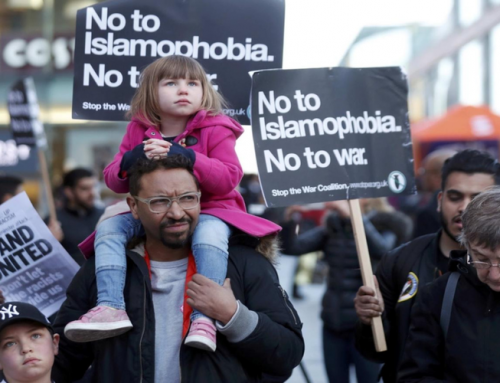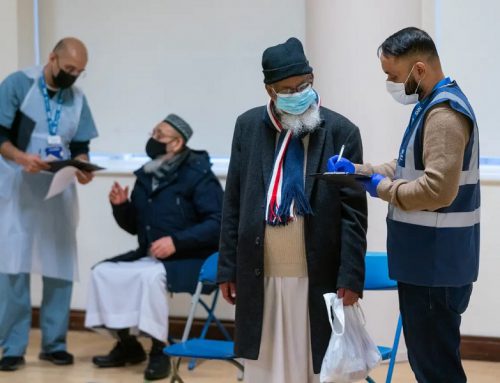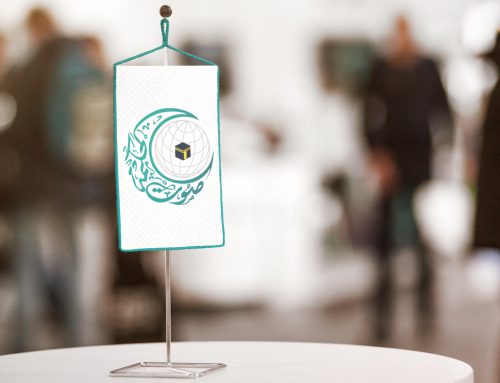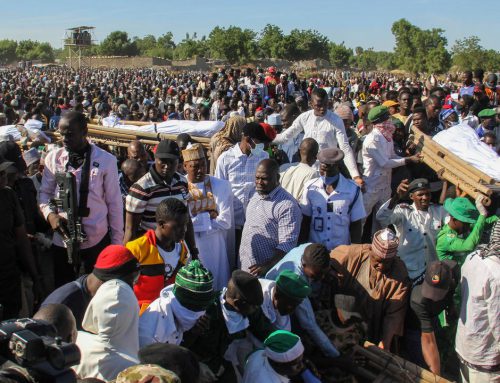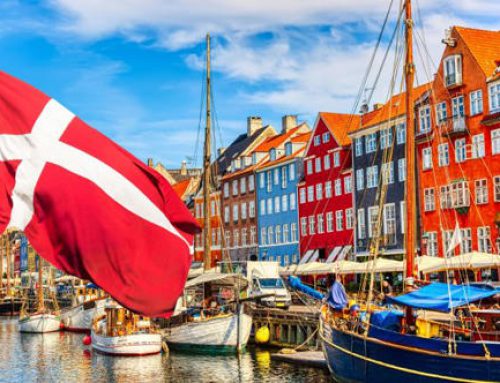It is saddening to note that nowadays, suspicion, tension, disharmony and distrust continued to dominate the interrelationships between cultures and civilisations. Globalisation has somehow shown a concerning flaw, where it was once seen as a bridge between civilisations and cultures, but now it serves as a factor towards the increasing gap between Islamic and Western cultures. This unfortunate reality exists in global political and social discourses where we find the West is now tend to stereotype Islam and Muslims as violent and militant, to stigmatize the religion as posing a threat to the western cultures, to accuse the latter of having brought about an incompatible ideology to their already-well-established democratic societies. Today, more than ever, there is an urgent need to promote dialogue between peoples and cultures, especially between the Muslim and Western worlds so that, together, they may stem the global humanitarian crises and constructively engage to create a new phase of global peace and prosperity. In an ever-changing world, such dialogue must acknowledge and respect the principles of cultural diversity by which the foundations for a mutual trust and common future can be satisfied.
Civilisations share the values of faith, brotherhood, justice and tolerance. These have formed the principles of universality and should be consolidated in collective human conscience and behaviour. One may recall the proverbial British thinker Roy Hattersley’s famous statement, “Without separation merger becomes impossible, and without the merger separation is unjustified.” The Qur’an lays the foundation for appreciating diversity: “O mankind! We created you from a single (pair) of a male and a female, and made you into nations and tribes, that ye may know each other (not that ye may despise (each other)…” [49: 13]. Of the same case, Jesus appreciated diversity through the words: “With all humility and gentleness, with patience, bearing with one another in love” Ephesians 4:2. Brief, the heavenly religions acknowledge diversity as part of nature, hence human interaction between diverse cultures is then becoming inevitable. It is a real wonder why certain people do not accept such a verifiable truth while not learning to appreciate others. Certain groups of people do not allow differences in religion, politics, ethnicity and culture as they are blind to the reality of a shared dependency on Earth and its resources. These people have locked themselves in a cave of sectarianism while in fact, complementing common reality requires learning the values of others to help managing our differences and to prevent them from turning into contradictions. Worse, this sort of people have been using force and violence to impose their principles and beliefs on others. This phenomenon has brought about the wave of tension and frictions between cultures and civilizations. Whereas, when the history is wisely recalled, friction between cultures and civilizations had never brought any good to humanity. The two world wars had no winners. The ensuing death and devastation should have weighed on the global conscience leading to the understanding that civilized people cannot afford a repeat of such clash among civilizations. It is however very relieving to note that many world institutions have called for a dialogue of civilisations in the hope to establish a new world based on shared principles and to herald a new age of understanding, cooperation and coexistence.
For a serious dialogue between cultures and civilisations to build bridges of understanding between nations and peoples and to attain a decent standard of cultural and civilisational coexistence, it is necessary to create the appropriate atmosphere that will guide such a dialogue. The first breakthrough point for any effective response begins through self-understanding and understanding of others. We must begin by knowing the reality without awe or shame and without trivialising or dramatizing.
Islam values diversity and acculturation because cultural ex
Islam denounces tribal and ethnic barriers to proclaim a new foundation for human diversity based on charity and compassion regardless of religious and ethnic differences. These principles have found practical embodiment in the public life of Muslims through the Charter of Medina. This is the contract concluded by the Prophet (PBUH) with the different communities in Medina and is a foundational text demonstrating, unequivocally, the bases for relationships between the various religious and ethnic components of the Muslim society. It reveals the true intentions of Islam and is the first attempt in cultural history to create a single mixed community based on the slogan, “Ours is theirs and they share in our responsibilities.” The charter united Muslims with Jews and Pagans and despite religions differences they willingly cooperated for the defence and prosperity of Medina and its citizens. Islam and Arabs did not impose their culture on the communities that newly entered Islam. Despite the expanse of the Islamic civilisation, cultural identities and languages were preserved. Communities were not denied their historical and cultural identities, and their genius and wisdom only enriched Islam and Muslims as it manifests in Iran, East Africa, Turkey, Indonesia and others.
*Dr.Tarik Ladjal is Professor of History at Effat University in Jeddah, Saudi Arabia

